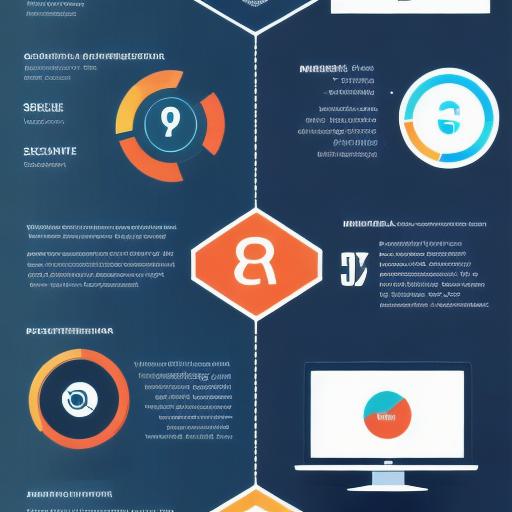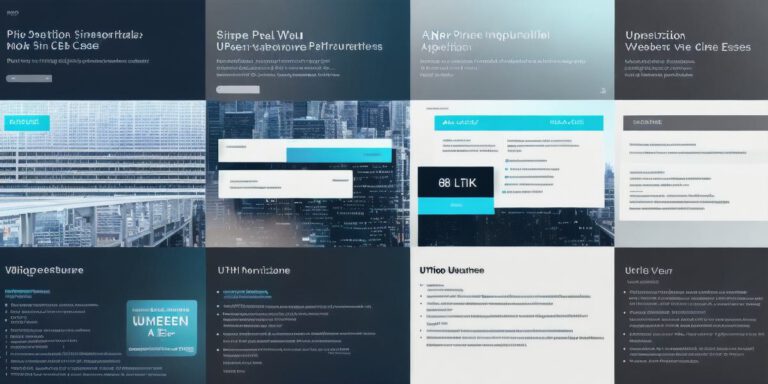The Future of the Internet: Will Web3 Take Over Web2?

As the world becomes increasingly digitized, the internet has become an integral part of our daily lives. With the rise of decentralization, it’s worth exploring the possibility that Web3 will take over Web2 in the near future. In this article, we’ll examine the current state of the internet and explore the potential benefits and drawbacks of decentralized web technologies.

What is Web3?
Web3 refers to the next stage of the internet, which relies on decentralized networks and blockchain technology to create a more open, secure, and efficient system. Unlike Web2, which relies on centralized servers controlled by a small number of powerful corporations, Web3 is built on peer-to-peer networks that allow for greater privacy, security, and control over data.
Advantages of Web3
One of the key advantages of Web3 is that it allows for greater decentralization and ownership of data. In a Web3 world, users have more control over their personal information and can decide who has access to it. This also makes it more difficult for corporations to manipulate or sell user data without consent.
Another advantage of Web3 is that it can help address issues of censorship and control. With centralized networks, governments and corporations have the power to censor content and limit access to information. With Web3, however, there are no single points of failure, making it more difficult for these entities to exert control over the internet.
Disadvantages of Web3
While Web3 has many potential benefits, it also has some drawbacks that must be considered. One of the main challenges is the scalability issue. Decentralized networks can be slower and less efficient than centralized ones, which could limit their adoption by users and businesses.
Another challenge is the regulatory hurdle. As Web3 technologies become more widely adopted, governments will need to find a way to regulate them in a way that balances innovation and security. This is no small task, as decentralized networks are often used for illicit activities such as drug trafficking and money laundering.
Case Studies of Web3
There are already several examples of successful Web3 projects that demonstrate the potential of these technologies. One of the most well-known is Ethereum, which is a decentralized platform that allows developers to build smart contracts and decentralized applications (dApps). Another example is IPFS, which is a decentralized file system that allows for faster and more secure data transfer.
Expert Opinions
There are many experts in the field of Web3 who have expressed their opinions on the future of the internet. One such expert is Andreas Antonopoulos, who predicts that Web3 will take over Web2 within the next decade. "The decentralized web represents the next stage of the internet’s evolution," he says. "It’s a more open, secure, and efficient system that will ultimately replace Web2."
Another expert is Vitalik Buterin, the founder of Ethereum. He believes that Web3 has the potential to transform every industry, from finance to healthcare to transportation. "Decentralized networks can help us build more equitable and resilient systems," he says.
Summary
The future of the internet is uncertain, but it’s clear that decentralization will play a key role in its evolution. While Web3 has its challenges,








